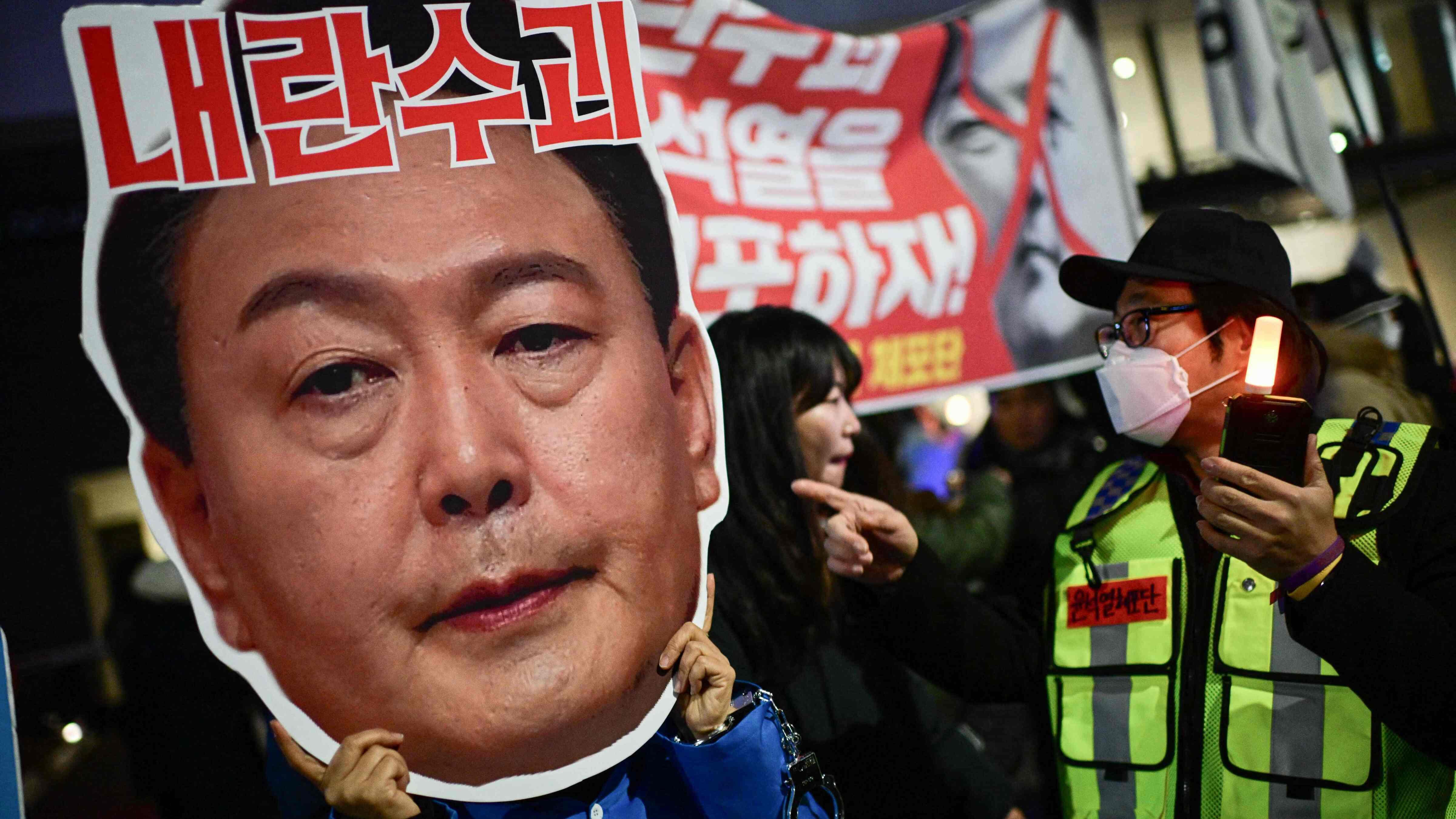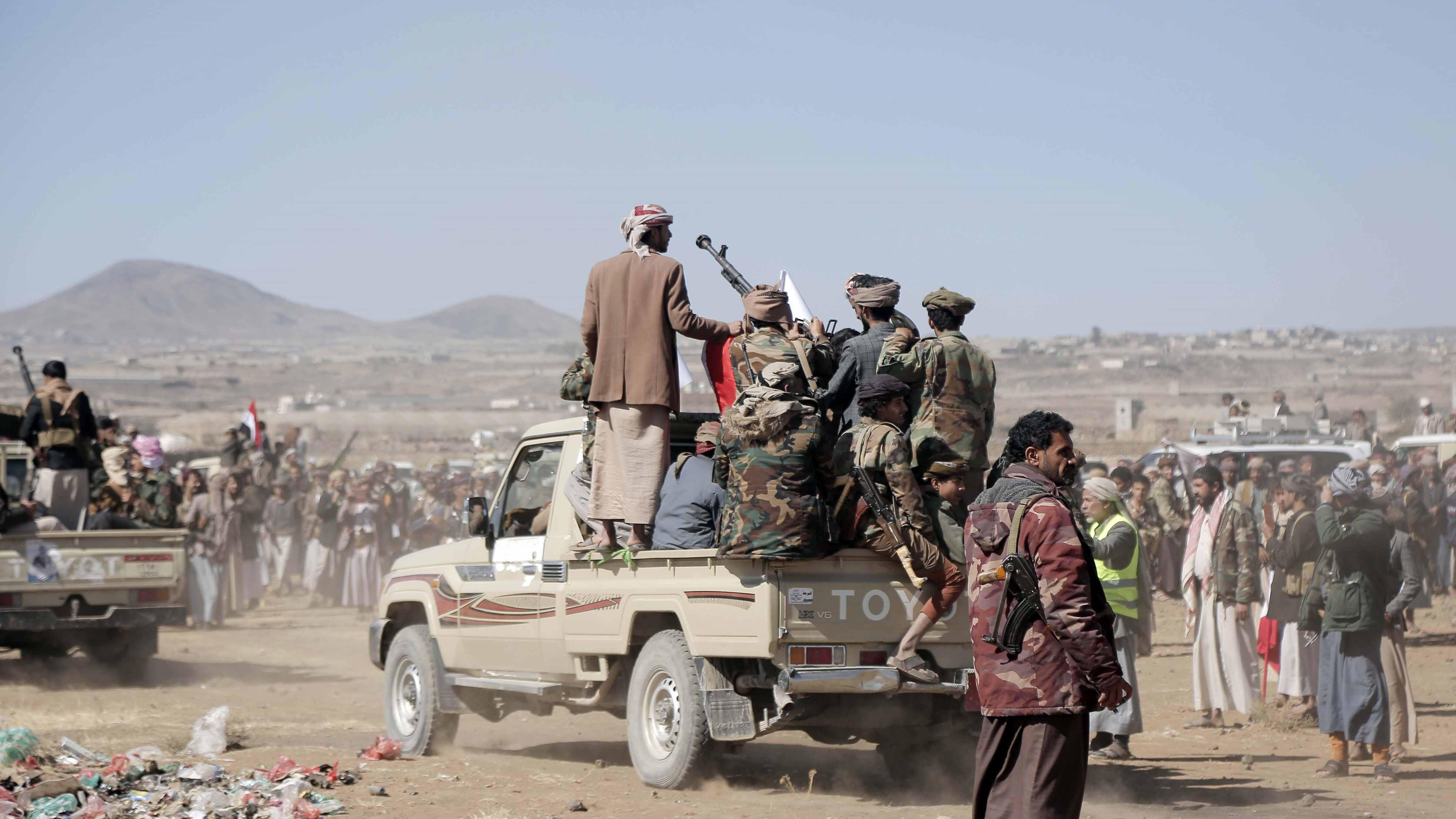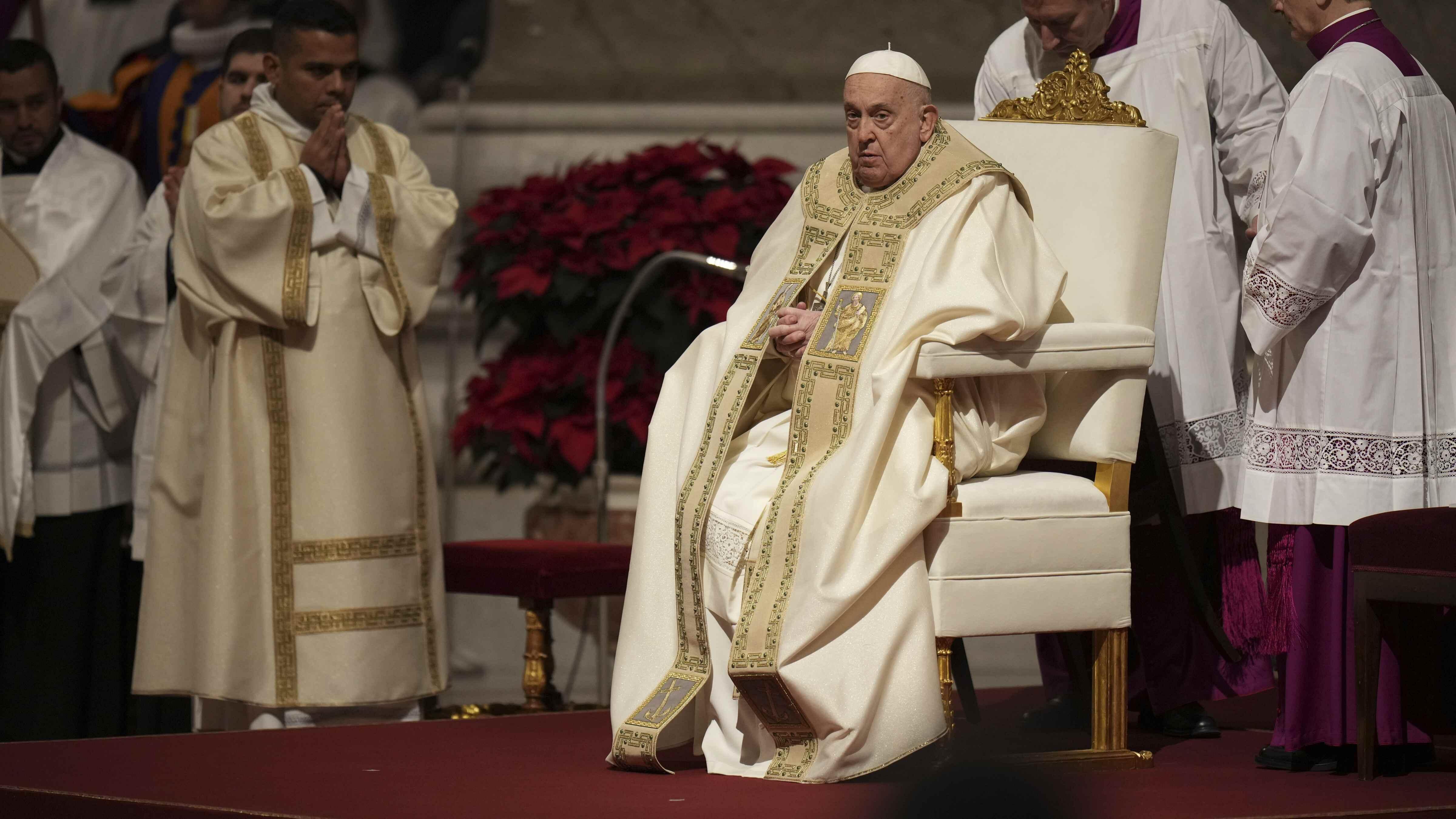Istanbul court releases five lawyers in DHKP-C trial
ISTANBUL – Cihan News Agency
An Istanbul court released five lawyers working for the Progressive Lawyers’ Association (ÇHD) who were being tried over alleged links with the outlawed Revolutionary People’s Liberation Party/Front (DHKP/C).There are no suspects under detention as part of the case with the release of the five ÇHD lawyers, including ÇHD chairman Selçuk Kozağaçlı, Istanbul branch head Taylan Tanay and other members of the association Ebru Timtik, Barkın Timtik and Günay Dağ.
The suspects were arrested in Jan. 21, 2013 and were in jail pending trial since then.
The case was being held by the Istanbul 23rd High Criminal court up until now. However, after a legal amendment that removes the specially authorized courts, the lawyers applied to the Istanbul 18th High Criminal Court for their releases.
The court decided for the release of the five suspects on the grounds that evidence had been collected, the defense had been completed, the suspects having residence addresses and the evidence could not be obfuscated, and their detention period was taken into consideration.
The court also removed an arrest warrant for the two suspects Oya Aslan and Özgür Yılmaz for the same reasons.
The court decided on a ban on leaving the country for the seven suspects.
The indictment charged Kozağaçlı, Tanay and other members of the association arrested during a police raid with “administrating and making propaganda for a terrorist organization.” Tanay and Kozağaçlı faced up to 53.5 years and 27.5 years in prison respectively. Prosecutors also requested aggravated life imprisonment for Ebru Timtik, charging her with an “attempt against the establishment or the constitutional order, membership of a terrorist organization, attempted murder, making propaganda for a terrorist organization five times and resisting a commissioned officer performing his task.” Her sister Barkın Timtik faced up to 51 years in prison.
The lawyers were initially accused of “transferring instructions from organization leaders in prison to militants” after the raids targeting the DHKP/C.
















